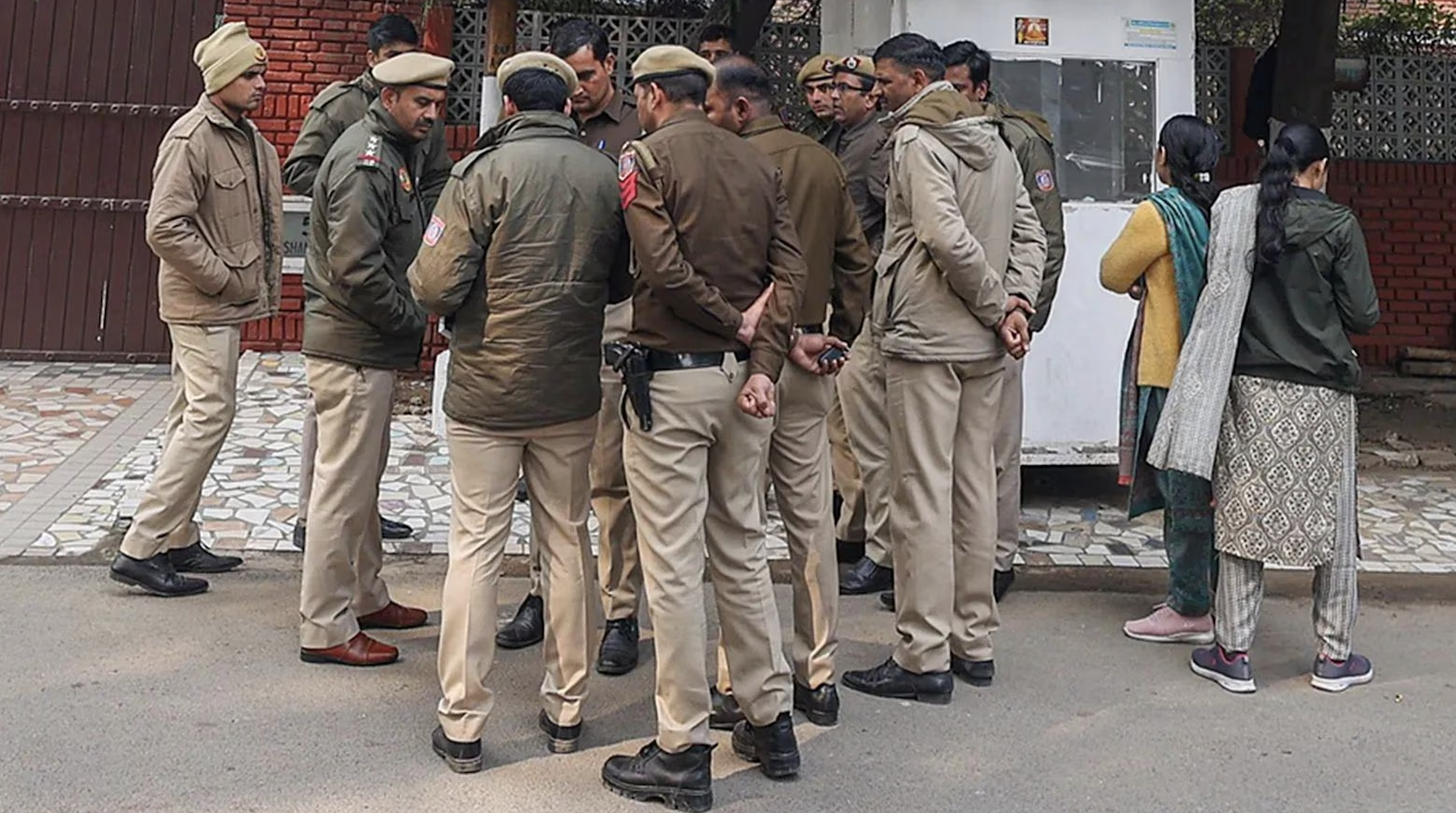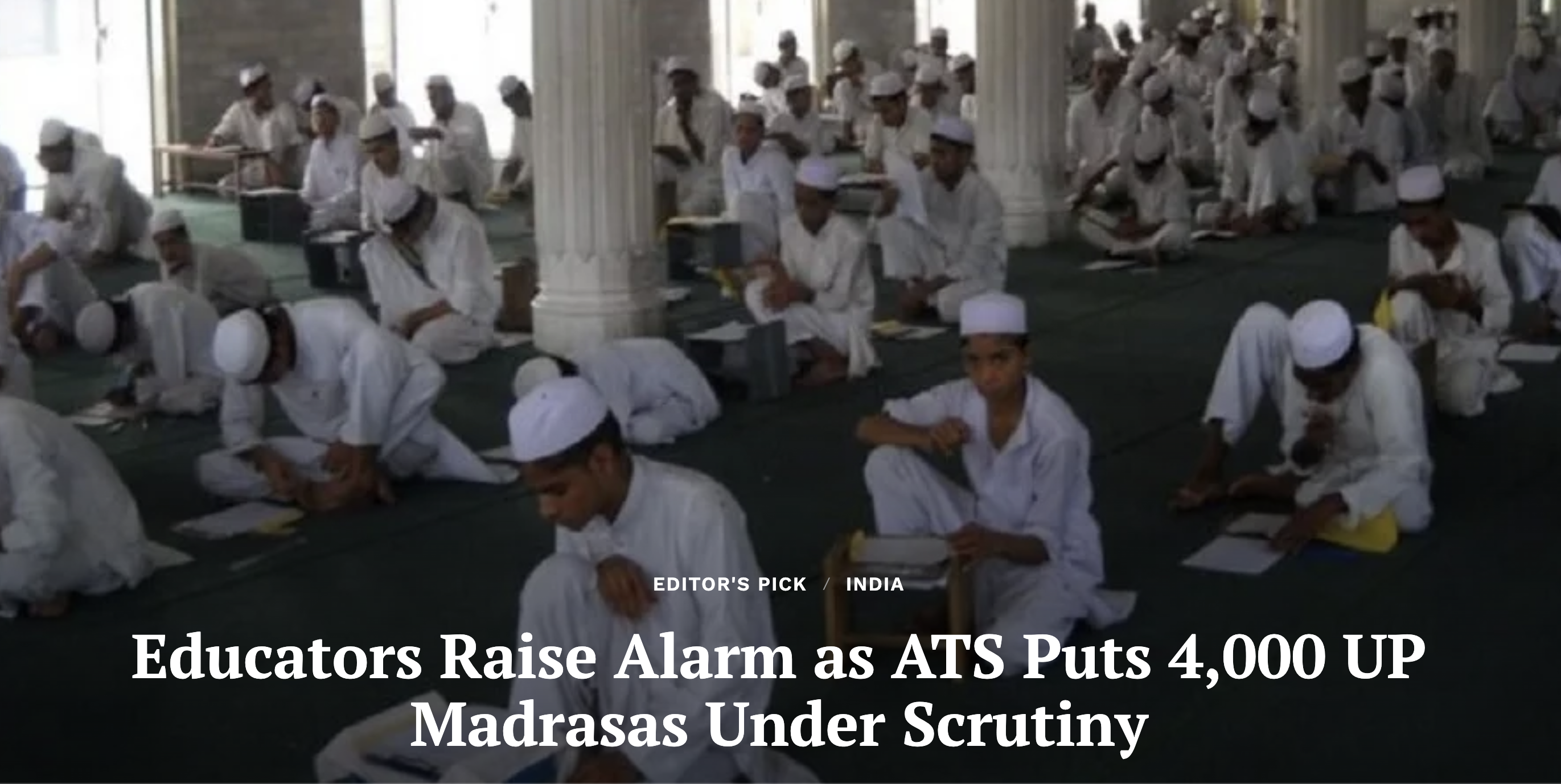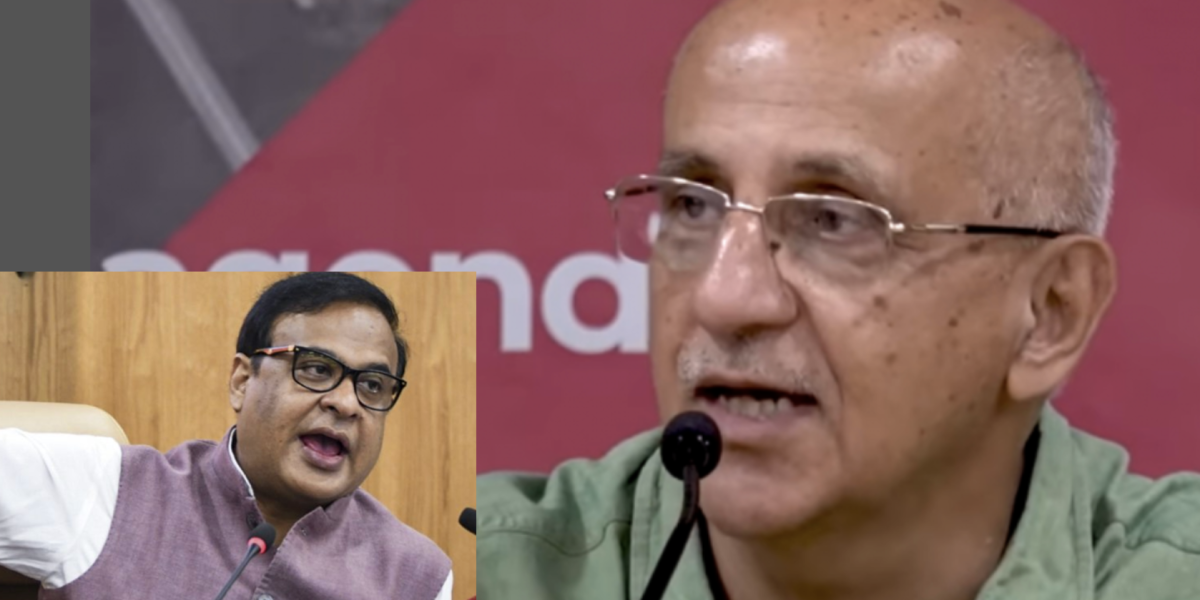
In 1925, the Italian intellectual Benedetto Croce wrote the first Manifesto of the Anti-Fascist Intellectuals, against the backdrop of Benito Mussolini’s rise to power.
A century later, intellectuals from around the world have renewed Croce’s plea with a new letter. As of June 14, 2025, the 2025 letter has been signed by over 400 academics, philosophers, scientists, and artistes, including 31 Nobel Prize winners.
The signatories note that the renewed open letter is more than a symbolic gesture. “It is a collective refusal to be silenced.”
The full letter is produced below.
A Century Later: A Renewed Open Letter Against the Return of Fascism
On May 1st 1925, with Mussolini already in power, a group of Italian intellectuals publicly denounced Mussolini’s fascist regime in an open letter. The signatories – scientists, philosophers, writers, and artists – took a stand in support of the essential tenets of a free society: the rule of law, personal liberty, and independent thinking, culture, art, and science. Their open defiance to the brutal imposition of the fascist ideology – at great personal risk – proved that opposition was not only possible, but necessary. Today, a hundred years later, the threat of fascism is back – and so we must summon that courage and defy it again.
Fascism emerged in Italy a century ago, marking the advent of modern dictatorship. Within a few years, it spread across Europe and the world, taking different names but maintaining similar forms. Wherever it seized power, it undermined the separation of powers in the service of autocracy, silenced opposition through violence, took control of the press, halted the advancement of women’s rights, and crushed workers’ struggles for economic justice. Inevitably, it permeated and distorted all institutions devoted to scientific, academic, and cultural activities. Its cult of death exalted imperial aggression and genocidal racism, triggering the Second World War, the Holocaust, the death of tens of millions of people, and crimes against humanity.

At the same time, the resistance to fascism and the many other fascist ideologies became a fertile ground for imagining alternative ways of organising societies and international relations. The world that emerged from the Second World War—with the Charter of the United Nations, the Universal Declaration of Human Rights, the theoretical foundations of the European Union, and the legal arguments against colonialism – remained marked by deep inequalities. Yet, it represented a decisive attempt to establish an international legal order: an aspiration toward global democracy and peace, grounded in the protection of universal human rights, including not only civil and political, but also economic, social, and cultural rights.
Fascism never vanished, but for a time it was held at bay. However, in the past two decades we have witnessed a renewed wave of far-right movements, often bearing unmistakably fascist traits: attacks on democratic norms and institutions, a reinvigorated nationalism laced with racist rhetoric, authoritarian impulses, and systematic assaults on the rights of those who do not fit a manufactured traditional authority, rooted in religious, sexual and gender normativity. These movements have re-emerged across the globe, including in long-standing democracies, where widespread dissatisfaction with political failure to address mounting inequalities and social exclusion has once again been exploited by new authoritarian figures. True to the old fascist script, under the guise of an unlimited popular mandate, these figures undermine national and international rule of law, targeting the independence of the judiciary, the press, institutions of culture, higher education, and science; even attempting to destroy essential data and scientific information. They fabricate “alternative facts” and invent “enemies within”; they weaponise security concerns to entrench their authority and that of the ultra-wealthy 1%, offering privileges in exchange for loyalty.
This process is now accelerating, as dissent is increasingly suppressed through arbitrary detentions, threats of violence, deportations and an unrelenting campaign of disinformation and propaganda, operated with the support of traditional and social media barons—some merely complacent, others openly techno-fascist enthusiasts.
This story was originally published in thewire.in. Read the full story here.






